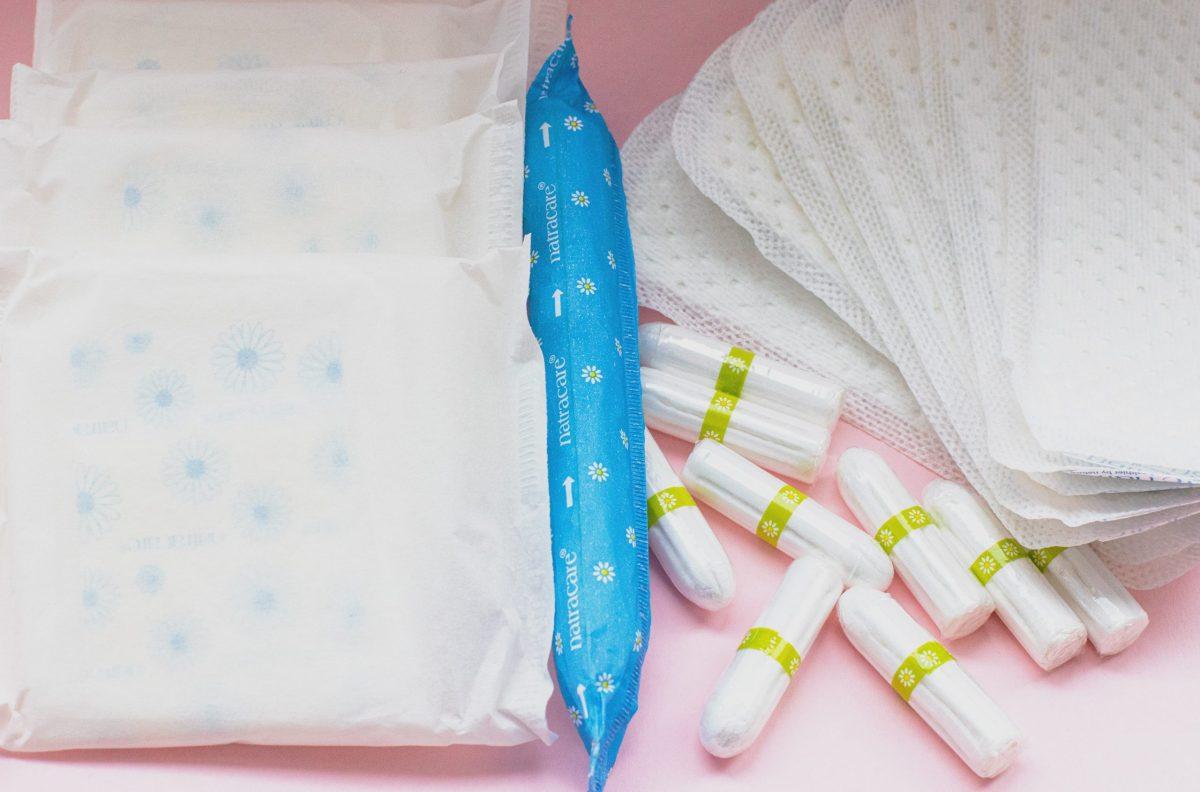Frantically opening the door of the newly renovated Severance Hall bathroom five minutes before my class started, I blindly reached out to activate the hygiene product dispenser to take a pad out. My period had arrived a week early and I didn’t have time to go back into my room to grab my menstrual products, run to the bathroom, then rush to my class, so I needed a sanitary pad.
However, my hand hit the bare bathroom wall: The dispenser was not attached to the bathroom wall; as a matter of fact, it did not exist in the bathroom.
As a school that aims to foster a safe, comfortable environment for its students, it makes sense for Wellesley to have free sanitary products dispensers stationed in every single bathroom on campus to ensure the comfort of students. Despite some restrooms on campus providing free sanitary pads and tampons for students to use, the lack of these dispensers in every bathroom, especially in the renovated buildings, is alarming.
While there are a couple of dispensers in the bathrooms, they require quarters, which most students don’t carry around with them, to get the product. The school should station free menstrual products dispensers in every single bathroom on campus to improve the physical health and well-being of students. By installing free dispensers, students won’t have to carry quarters to get a pad or tampon. The scarcity of these products in the bathrooms cause students to stress out about obtaining them. Some students are not as comfortable in bringing up the topic of periods, preventing them from asking around for a pad or tampon. Students may face other obstacles, including not having enough time to buy sanitary products or even run back to their dorm to grab a pad. These situations propel students into distraction as they become more focused on finding available sanitary products. This will cause students to lose concentration in their classes or even miss their classes, negatively affecting their academic performance.
Additionally, the institution should supply free, biodegradable menstrual items for students to ensure sustainability on campus. Around 28,114 tons of waste is generated annually by unsustainable menstrual products. The College has already taken steps to improve sustainability by eliminating paper towels in the dorm bathrooms. Wellesley should continue these efforts by providing period products that are more eco-friendly to continue committing to the plans to curate a sustainable environment on campus.
Despite menstrual health seemingly being normalized by the community, constantly rushing into the bathroom when we run out of pads just to find out that the school does not provide free menstrual amenities makes us feel that the institution does not provide for our needs. Through providing amenities for menstrual products, the school can motivate us to have open conversations with one another regarding menstrual health by supporting the students’ well-being with these availability.
Ultimately, students should have access to free menstrual hygiene products in every single residential hall bathroom. We do not choose to face menstruation every month: these products are a necessity and should be available for students to use.




